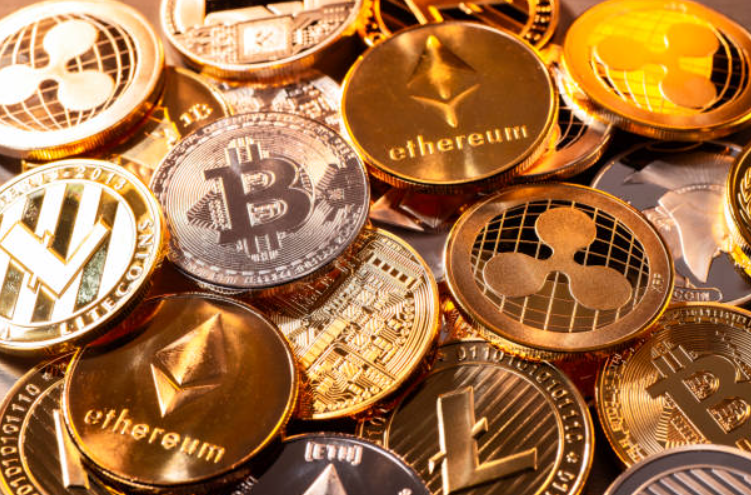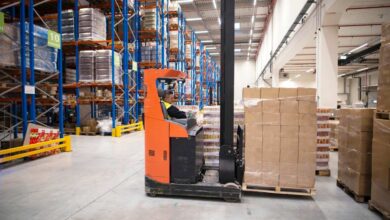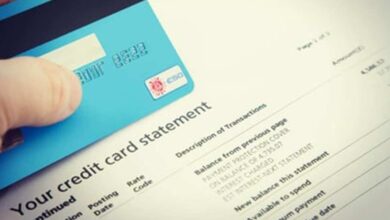 The term “arbitrage” is notorious in the trading world. For generations, astute traders have used it to their advantage by taking advantage of volatile market values. Although arbitrage is essentially nonexistent in traditional stock and FX markets, it is still used in the cryptocurrency industry.
The term “arbitrage” is notorious in the trading world. For generations, astute traders have used it to their advantage by taking advantage of volatile market values. Although arbitrage is essentially nonexistent in traditional stock and FX markets, it is still used in the cryptocurrency industry.
This article explores the Kimchi premium, one of the most intriguing instances of cryptocurrency arbitrage. This novel arbitrage technique, which is exclusive to the South Korean market, is a fantastic case study to demonstrate the profound effects of laws and regulations on the cryptocurrency market.
Understanding The Kimchi Premium
South Korean traders created the Kimchi premium to represent the special arbitrage potential in this market, and it was named after a tasty Korean dish. When traders noticed that Bitcoin and other cryptocurrencies traded at much higher prices on the South Korean exchanges in 2015, the Kimchi premium opportunity was first made available. The strict way in which the South Korean government is keeping an eye on the movement of cash into and out of the nation’s economy is the reason for this very large pricing differential.
Historic data illustrates that the price of Bitcoin is consistently higher in the Korean cryptocurrency market. Kimchi’s premium, however, is not just associated with Bitcoin because other leading cryptocurrencies are in greater demand in the Korean market. Recently, Ethereum has also showcased impressive premiums in the Korean sector, showcasing that Bitcoin does not have a monopoly in this field.
How Is Kimchi Premium Feasible?
To put it plainly, South Korean laws and legislation essentially isolate the country’s economy from the global economy. The government keeps a strict eye on the home markets, making sure that South Korean investors remain cut off from outside exchanges and that domestic funds remain inside South Korea’s borders. Although other nations have comparable trade restrictions on their domestic markets, South Korea has the strictest rules.
As a result, the Korean government established a stand-alone internal trade market. Korea is not like the rest of the world in terms of supply and demand for tradable assets since it hasn’t been integrated into international markets. Thus, one of the last truly excellent chances to engage in significant arbitrage in bitcoin trading is provided by the Korean market.
What is Crypto Arbitrage?
Crypto arbitrage represents a process of finding a price difference between exchange markets and making profits by purchasing low and selling high. Assume, for instance, that trader X discovers that the value of Bitcoin in one market is 10 Ethers, but in another, it is 12 Ethers. Trader X has to buy Bitcoin in the first market and sell it right away in the second in order to make money. Trader X will ultimately profit from the difference between the two trades and incur no losses if everything goes according to the plan.
It is no wonder that arbitrage has become illegal in most trading markets and practically impossible due to numerous restrictions. Most trading industries, including stocks, fiat and commodities, have achieved complete stabilisation across different exchanges, which severely limits or eradicates arbitrage opportunities.
But the crypto market is a different case altogether. Due to its relatively young age and lack of standardised practices, the crypto landscape is still highly susceptible to arbitrage practice. Kimchi premium is one of the best examples of feasible crypto arbitrage on the market.
The Inner Workings Of Crypto Arbitrage
Given that the Korean government imposes restrictions on international money transfers, how is Kimchi premium arbitrage possible? Blockchain’s anonymity and decentralisation provide the solution. It is currently difficult to detect or control capital flows on blockchain networks, in contrast to conventional markets. Consequently, Korea’s cryptocurrency market is still accessible to foreign traders despite the best efforts of governments, making it one of the few possibilities for arbitrage that still exists, although at a price.
Kimchi arbitrage is still effective in 2023. However, it is far from being a simple process. As mentioned above, kimchi premium is not necessarily illegal or unfeasible, but it requires traders to go through an excruciatingly complex process that is not for everyone. The biggest roadblock is penetrating the native Korean market and identifying trustworthy channels to execute transactions. While the kimchi arbitrage is documented in the digital world, the most crucial aspect is to have proper connections that let you interact with the Korean crypto industry.
Moreover, despite its reputation, Kimchi premium is not always profitable, as the price differences are not always positive. In the last years, Kimchi premium has showcased massive drops in price, equalling or even going below the global prices. However, the ongoing political tensions in this region still motivate users to rely on crypto instead of conventional fiat reserves. Thus, despite occasional dips, Kimchi premium still endures as one of the last remaining bastions of crypto arbitrage.
How To Profit From the Kimchi Arbitrage Process?
There are several things to consider when tackling this complex opportunity. First of all, the entire process is quite complex, both technically and logistically. It is very challenging to access the market, as the laws regarding the fund movements are imposed with maximum intensity. Korea has imposed several money laundering and illegal transaction laws to fortify its defences against such activities.
Therefore, the biggest challenge in this process is to seek out the proper connection channels that are reliable to transact with. Moreover, it is not advisable to engage in this activity manually. Kimchi premiums tend to fluctuate hour-to-hour. Thus, automated trading bots and analytics tools will help you identify the proper transaction windows without incurring major losses. With automated assistance, it is much easier to conduct precise arbitrage. After all, arbitrage demands high-volume trading, which could become quite risky if handled manually.
Final Remarks
Cryptocurrency arbitrage is becoming extinct. The largest cryptocurrency exchanges and government agencies are collaborating to eliminate pricing differences among marketplaces totally. Nonetheless, an intriguing exception to this pattern may be seen in South Korea due to its distinct political and economic circumstances. Kimchi premiums are difficult, but they are still incredibly rewarding for cryptocurrency traders. It will be fascinating to watch if the remainder of the arbitrage market is affected by this anomaly phenomenon or if it disappears altogether.







